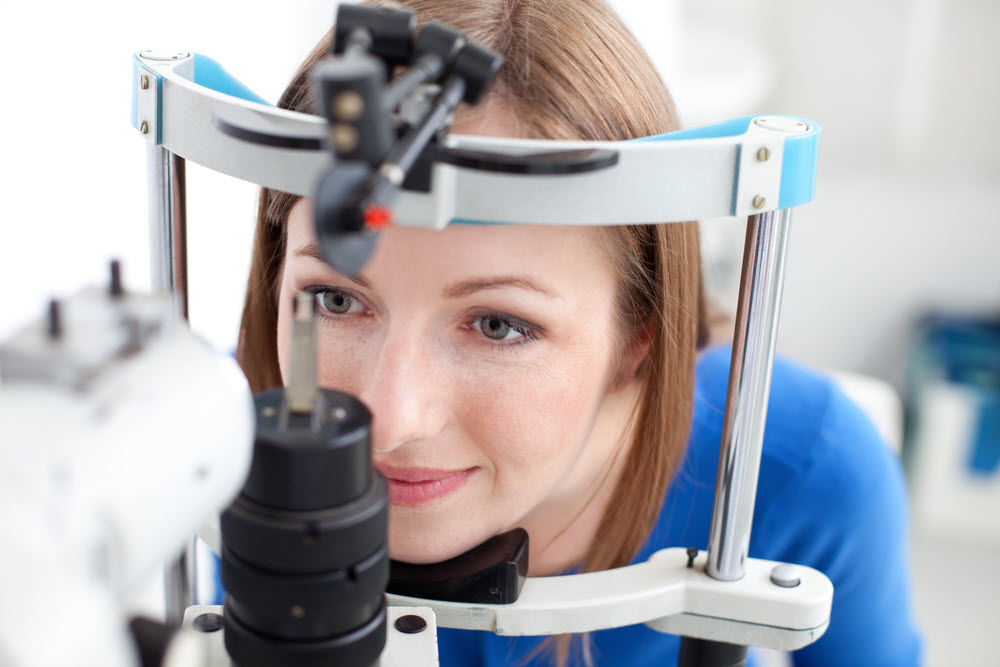You have never had a baseline eye exam by age 40: Even if you do not have any problems with vision, it is helpful to have a baseline eye exam. According to the American Academy of Ophthalmology, adults should have a comprehensive eye exam starting at age 40.
Those with risk factors for eye diseases may need an eye exam sooner. A baseline eye exam helps your doctor develop a picture of your eye health. It also gives your doctor something to compare future exams with. Remember, certain eye conditions do not cause symptoms in their early stages, but many eye conditions can be diagnosed through an eye exam. You have frequent headaches: After a trip to your general practitioner, see an eye doctor if you have not determined the cause of frequent headaches. Headaches can be rooted in vision problems in some cases. You have signs of an eye infection: It is best to have an eye infection checked out to ensure you get the proper treatment. Infections can become serious and even lead to vision loss. Signs of an eye infection include:
You are newly diagnosed with diabetes: Diabetes is a risk factor for certain eye diseases, such as diabetic retinopathy. The American Diabetes Association recommends people with diabetes have a dilated eye exam once a year. Having a yearly eye exam can help catch changes to the eyes early and reduce the risk of vision loss. You are at high risk of eye problems: In addition to diabetes, other factors can increase your risk of developing eye and vision problems. For example, you may want to have more frequent eye exams if you have risks, such as:
You have ongoing eye soreness or fatigue: Everyone experiences eye strain and fatigue occasionally. Depending on how often you stare at a computer screen or use digital devices, you may have eyestrain more often. But if you have ongoing eye soreness or pain not relieved by giving your eyes a break, it could be a sign of something more serious. Dry eye syndrome that is not relieved with home treatment: Dry eye syndrome can cause discomfort that ranges from mild to severe. If over-the-counter eye drops do not solve the problem, seeing an eye doctor may help. Your eye doctor may have additional treatments to ease symptoms. You experience a change in vision: It may seem like a no-brainer to see an eye doctor if you have changes in your vision, but some people may attribute vision changes to aging. While some changes to the eyes do tend to happen due to aging, see an eye doctor if you develop:
Keep in mind, if you are in doubt about whether something warrants a trip to the eye doctor, it is better to err on the side of caution and get checked out. If you have any eye health questions, we are happy to help. Also, if you would like to ask whether an appointment with one of our eye doctors would be appropriate at this time, call our office at 508-746-8600. Comments are closed.
|
EYE HEALTH BLOGCategories
All
Archives
July 2024
|
|
Kadrmas Eye Care New England
55 Commerce Way, Plymouth, MA 02360
14 Tobey Road, Wareham, MA 02571 133 Falmouth Road (Rt 28), Mashpee, MA 02649 |
Phone Number:
1-508-746-8600 Hours: Monday through Friday — 8 AM – 4:30 PM |


 RSS Feed
RSS Feed
